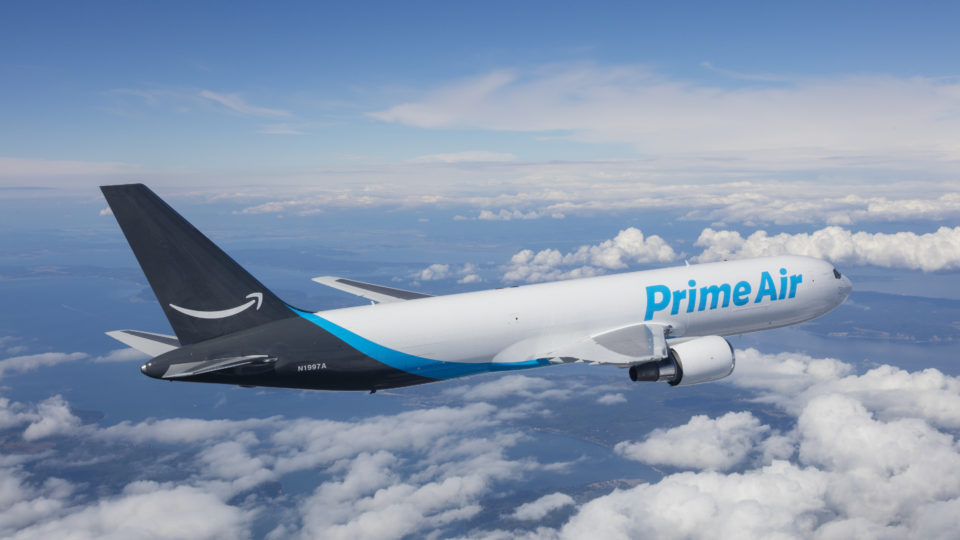One of the largest solar projects in the US has recently come online in Texas. Three solar farms built side-by-side in Buckholts, Texas by SB Energy can provide 875 megawatts of electricity, nearly the size of a typical nuclear power plant. The project will supply the largest solar energy purchase ever made by Google and the electricity generated will be used to power its new operations in the area. Google will use about 85% of the project’s solar power for data centers in Ellis County and for cloud computing in the Dallas Region.
In total, Google has contracted with clean energy developers to bring more than 2,800 megawatts of new wind and solar projects to Texas. Google expects to spend $16 billion through 2040 to purchase clean energy for its global operations.
According to the International Energy Agency, data centers’ total electricity consumption could reach more than 1,000 terawatt-hours in 2026, which is more than double the amount used in 2022. One terawatt-hour is enough energy to power 70,000 homes for a year. So, it is not surprising that large technology companies are investing heavily in energy technologies.
Google, Amazon, and Microsoft have all recently announced investments in nuclear energy to power data centers. These companies all have made commitments to seek sources of carbon-free electricity to power their data centers and their increasing efforts in artificial intelligence. Because of the rise of artificial intelligence, the large companies are not meeting their commitments to reduce their carbon emissions and are needing to greatly increase their efforts to obtain clean power.
**********
Web Links
One of the largest solar projects in the US opens in Texas, backed by Google
Photo, posted March 27, 2016, courtesy of Ben Nuttall via Flickr.
Earth Wise is a production of WAMC Northeast Public Radio







